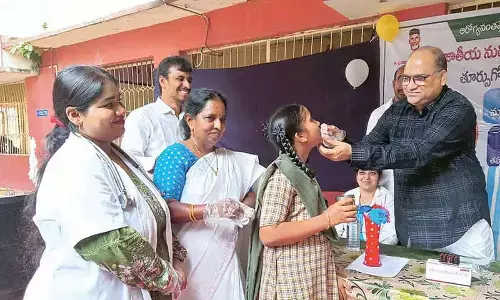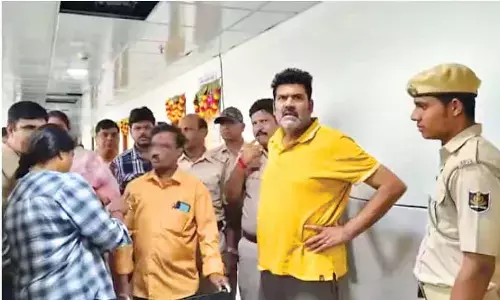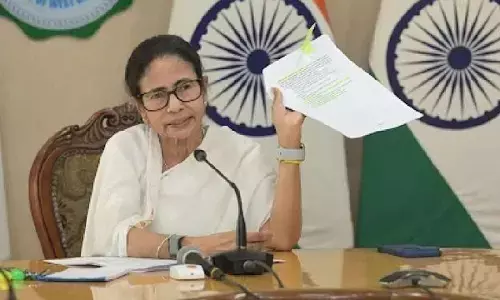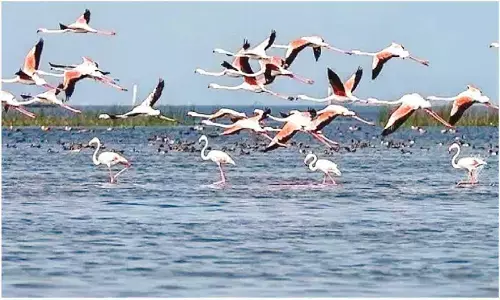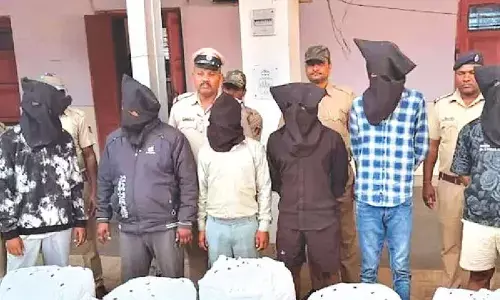Sri Lankan PM to present roadmap for economic recovery
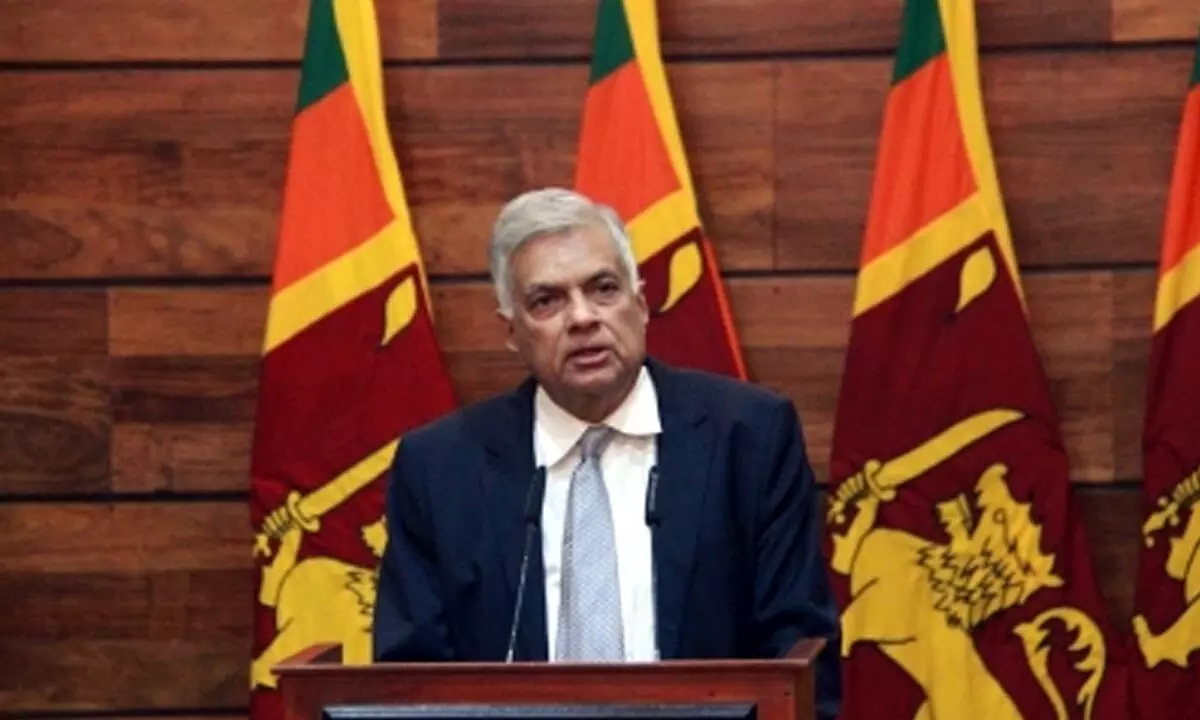
Sri Lankan Prime Minister Ranil Wickremesinghe (Photo/IANS)
Sri Lankan Prime Minister Ranil Wickremesinghe is to present a roadmap on overcoming the current economic crisis to Parliament soon, local media reported on Friday.
Colombo: Sri Lankan Prime Minister Ranil Wickremesinghe is to present a roadmap on overcoming the current economic crisis to Parliament soon, local media reported on Friday.
Wickremesinghe said the roadmap will be completed after taking proposals and suggestions from MPs who he met on Thursday night to discuss the crisis which is the worst since the country gained freedom in 1948, reports Xinhua news agency.
He said that the drafting of the roadmap has already been commenced.
Also on Thursday night, Secretary to the Ministry of Finance Mahinda Siriwardana gave a presentation to the parliamentarians on the short and medium-term strategies of the government to overcome the crisis.
The country is facing extreme fuel shortages, soaring food prices and a lack of medicines.
The country's state-owned fuel distributor Ceylon Petroleum Corporation said it only has 5,000 metric tonnes of petrol and thus only 500 metric tonnes will be released to gas stations each day.
A recent World Food Programme survey revealed that around two thirds of Sri Lankan households have been forced to reduce their food intake due to the crisis, the BBC reported.
A crisis has also pushed the cost of living to record highs.
Sri Lanka's official rate of inflation rose by 39.1 per cent year-on-year in May. At the same time, food prices in its largest city Colombo increased by 57.4 per cent.
While addressing Parliament on Tuesday, Wickremesinghe had the country needs at least $5 billion over the next six months to pay for basic essential items such as food, fuel and fertiliser.
Addressing Parliament on Tuesday, he said the island nation, which has a population of around 22 million, requires $3.3 billion for fuel imports, $900 million for food, $600 million for fertiliser, and $250 million for cooking gas.


